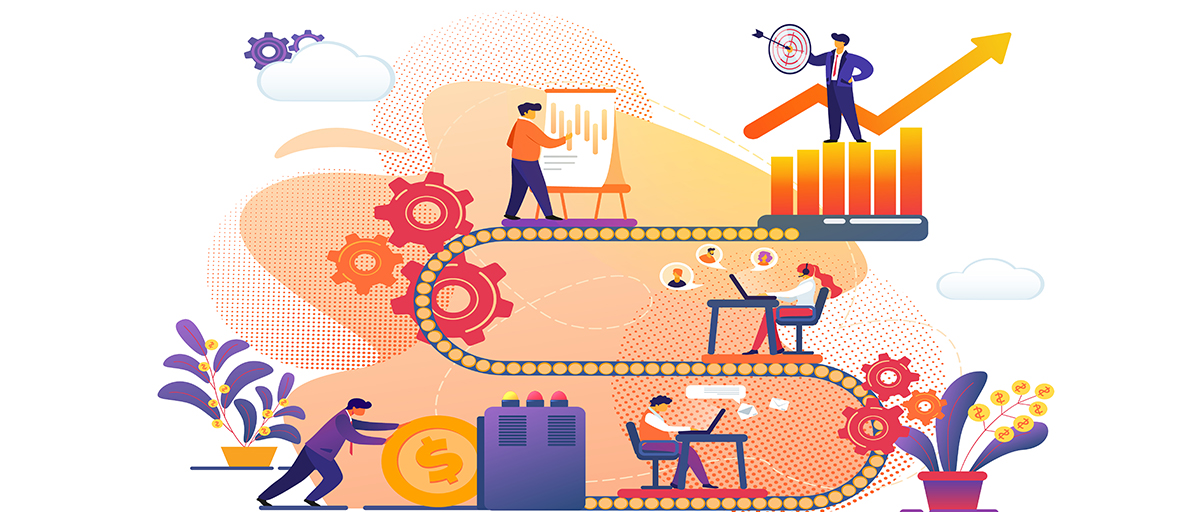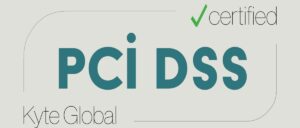These are unusual times. During times of disruption, our minds’ habits can help or hurt us, both in our investing and in our daily lives. Let’s take a look at what habits really are and how you can break free of the negative ones.
Habit: The Mental Status Quo
The term “habit” is used in many ways, but for researchers it has a specific and important meaning: Habits are automatic behaviors, triggered by our environments (Wood 2019; Orbell & Verplanken 2010). Our minds are constantly looking for ways to automate common tasks – to free up our scarce mental resources to focus on other things. Any action we repeat again and again in a stable context may start being automated–and thereby turn into a habit (Lally et al. 2010).
Habits rely on a trigger: something that tells the body to act (Oulette & Wood 1998). The trigger can be a specific situation, such as: When you get to your office, you check to see what the stock market is doing. Or, the trigger can be a state of mind: When you wait in a line, you take out your phone. Habits are like little mental programs that run automatically, freeing up our conscious mind to deal with more complex or novel problems. They are, by definition, non-conscious: once they are automated, we don’t think about them. When we see the trigger, we simply respond.
Investing During Strange Times
What happens to our habits in times of turmoil?
1) Expect to be tired. When our environments change, like when we work from home, our habit triggers are disrupted, too. Previously, we could rely on habits that controlled our eating, our daily schedule, and so on. But for many of us, the coronavirus has taken a rototiller to our daily lives and our habit triggers; now, our minds need to think through many more decisions.
Above and beyond these unsettling times, the lack of our normal habits can make us feel even more unsettled and tire us out mentally. And unsettled and tired are not good states to be in when reviewing our investments.
2) Watch out for bad behavior you think is “just for now,” as you are already forming new habits. Our habit system is constantly looking for patterns to automate. It’s looking at how we spend our time and how we respond to events, and it’s digging channels in our brains that make those behaviors easier and more likely to reoccur in the future.
That’s great when we’re learning how to navigate having kids at home and how to video-conference effectively. It’s not so great when we’re obsessing over recent event, like the bear market.
What happens if, like us, you’ve started forming bad habits of constantly checking the news and market movements? Researchers have found that the more often people get information about the market, the more that information warps their behavior (in this case, by making them more risk-averse). If you are a long-term investor, watch out for a short-term habit of obsessive market-watching.
3) Turn the change in habits into an opportunity. Most of our spending behavior, for example, is habitual. We generally don’t think about the things we buy regularly. And that can be a problem if we want to put aside more money for the future but find that we’re always short on cash. Our financial habits can defeat our financial goals.
Because those habits are likely disrupted right now, you have an opportunity to revisit what you spend your money on, how much you save, and what you want to accomplish in the long run. Ironically, it is exactly during the times in which life is most disrupted that we have one of the best opportunities to plan for future normalcy. Researchers estimate that there is a window of time after periods of major disruption in which our new patterns start to jell (Verplanken & Wood 2006; Walker et al. 2015). This is an active area of research, but the estimate is that we’re especially prone to forming new habits within the first 90 days–shorter for often-repeated behaviors, longer for less frequently repeated ones.
We’re in that window now. What do you want your new normal to be? What new routines do you want to adapt in your investing and your spending?
By the way, while this article is focused on financial behaviors like investing, the same applies for other habits in our lives, too. Exercise. Healthy eating. How we spend our time with our families. We’re creating the new normal right now. We’re creating our new habits. Choose wisely.
References:
- Lally, P., van Jaarsveld, C., Potts, H., et al. 2010. “How are habits formed: Modelling habit formation in the real world.” European Journal of Social Psychology, Vol. 40, No.. 6, P. 998.
- Orbell, S., & Verplanken, B. 2010. “The Automatic Component of Habit in Health Behavior: Habit as Cue-Contingent Automaticity.” Health Psychology, Vol. 29, No. 4, P. 374.
- Verplanken, B., & Wood, W. 2006. “Interventions to Break and Create Consumer Habits.” Journal of Public Policy & Marketing, Vol. 25, No. 1, P. 90.
- Walker, I., Thomas G.O., & Verplanken B. 2014. “Old Habits Die Hard: Travel Habit Formation and Decay During an office Relocation.” Environment and Behaviour, Vol. 47, P. 1089.
- Wood, W. 2019. Good Habits, Bad Habits. (New York: Farrar, Straus and Giroux).
Morningstar Disclaimers:
The opinions, information, data, and analyses presented herein do not constitute investment advice; are provided as of the date written; and are subject to change without notice. Every effort has been made to ensure the accuracy of the information provided, but Morningstar makes no warranty, express or implied regarding such information. The information presented herein will be deemed to be superseded by any subsequent versions of this document. Except as otherwise required by law, Morningstar, Inc or its subsidiaries shall not be responsible for any trading decisions, damages or losses resulting from, or related to, the information, data, analyses or opinions or their use. Past performance is not a guide to future returns. The value of investments may go down as well as up and an investor may not get back the amount invested. Reference to any specific security is not a recommendation to buy or sell that security. It is important to note that investments in securities involve risk, including as a result of market and general economic conditions, and will not always be profitable. Indexes are unmanaged and not available for direct investment.
This commentary may contain certain forward-looking statements. We use words such as “expects”, “anticipates”, “believes”, “estimates”, “forecasts”, and similar expressions to identify forward-looking statements. Such forward-looking statements involve known and unknown risks, uncertainties and other factors which may cause the actual results to differ materially and/or substantially from any future results, performance or achievements expressed or implied by those projected in the forward-looking statements for any reason.
MeDirect Disclaimers:
This information has been accurately reproduced, as received from Morningstar, Inc. No information has been omitted which would render the reproduced information inaccurate or misleading. This information is being distributed by MeDirect Bank (Malta) plc to its customers. The information contained in this document is for general information purposes only and is not intended to provide legal or other professional advice nor does it commit MeDirect Bank (Malta) plc to any obligation whatsoever. The information available in this document is not intended to be a suggestion, recommendation or
solicitation to buy, hold or sell, any securities and is not guaranteed as to accuracy or completeness.





